Embracing the Future: The Rise of Smart Home Appliances
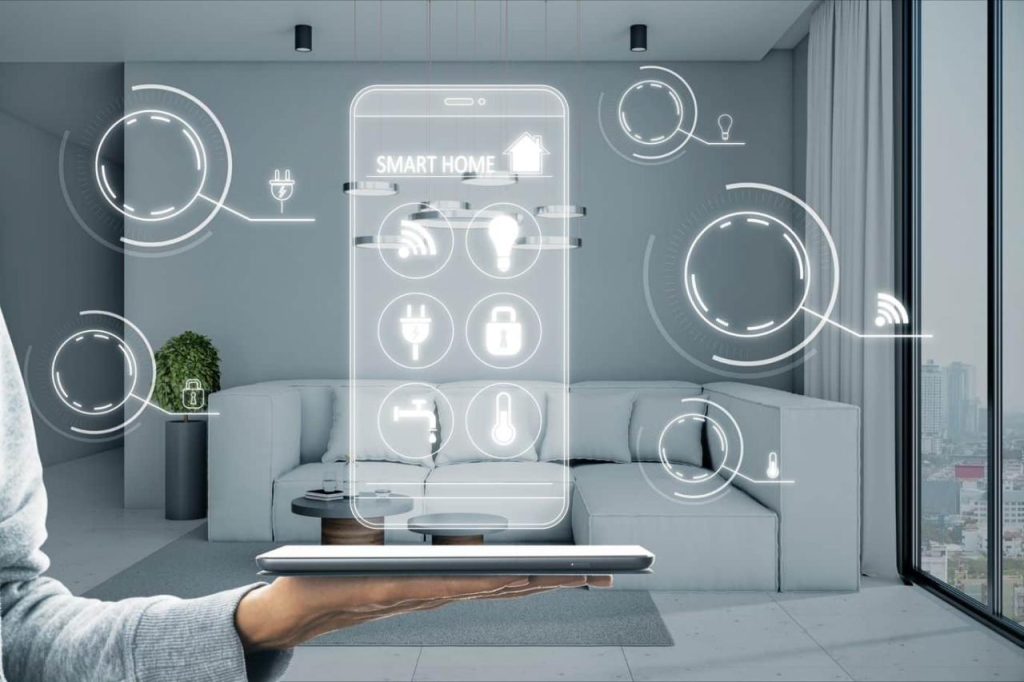
In today’s rapidly advancing technological landscape, smart home appliances have emerged as a significant trend, transforming the way we interact with and manage our homes. These innovative devices are designed to enhance convenience, efficiency, and connectivity, revolutionizing the concept of a modern home. This article explores the rise of smart home appliances, their benefits, and the impact they have on our daily lives.
The Concept of Smart Home Appliances:
Smart home appliances refer to household devices that are equipped with internet connectivity and advanced sensors, allowing them to communicate and interact with other devices or systems. These appliances can be controlled remotely through smartphones or other smart devices, offering users unprecedented convenience and automation.
The Benefits of Smart Home Appliances:
- Enhanced Convenience: With the ability to be controlled remotely, smart home appliances enable users to manage their homes from anywhere. Whether it’s adjusting the thermostat, turning off lights, or starting the washing machine, these tasks can be effortlessly accomplished with a few taps on a smartphone.
- Energy Efficiency: Many smart home appliances are designed with energy-saving features. They can optimize their operation based on usage patterns and real-time data, leading to reduced energy consumption and lower utility bills.
- Improved Security: Smart home security systems, integrated with surveillance cameras and motion sensors, provide homeowners with real-time updates and alerts. These advanced security measures help create a safer living environment.
- Personalization: Smart home appliances can learn user preferences and habits, adapting their functionality to suit individual needs. From personalized climate control to tailored cooking settings, these appliances offer a customized experience.
Examples of Smart Home Appliances:
- Smart Thermostats: These devices can learn household patterns and adjust heating or cooling settings to maximize energy efficiency and comfort.
- Smart Refrigerators: Equipped with touchscreens and internet connectivity, smart fridges allow users to create shopping lists, view recipes, and receive expiration date notifications.
- Smart Lighting Systems: These systems can be remotely controlled, and some can even change colors or brightness to create various moods and ambiance.
- Smart Washing Machines and Dryers: These appliances can be scheduled to start and stop at specific times, and some models can even detect the type of clothing and adjust the washing cycle accordingly.
Overcoming Challenges:
Despite their many advantages, the rise of smart home appliances also raises concerns about data privacy and security. Manufacturers must continually update and reinforce their security measures to protect users’ personal information from potential cyber threats.
As technology continues to evolve, smart home appliances will play an increasingly vital role in our daily lives. Embracing these innovations offers a multitude of benefits, from convenience and energy efficiency to enhanced security and personalization. However, it is crucial for manufacturers and users alike to prioritize data security and privacy to fully realize the potential of smart home appliances in shaping a better and smarter future. With these advancements, our homes will undoubtedly become more connected, efficient, and comfortable than ever before.
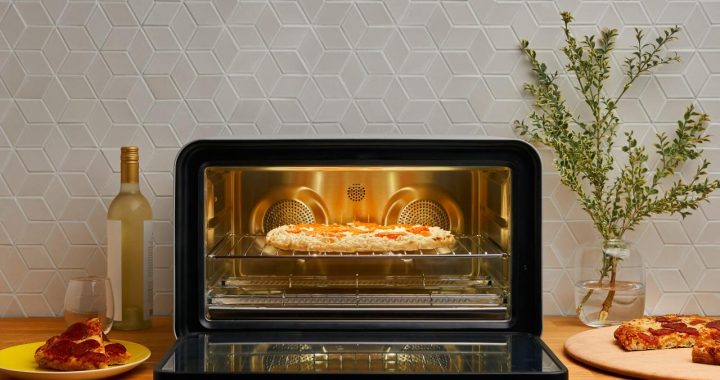 Exploring Uncharted Territories: Innovations in the Home Appliance Industry
Exploring Uncharted Territories: Innovations in the Home Appliance Industry  Safety Challenges and Solutions for Smart Home Appliances
Safety Challenges and Solutions for Smart Home Appliances 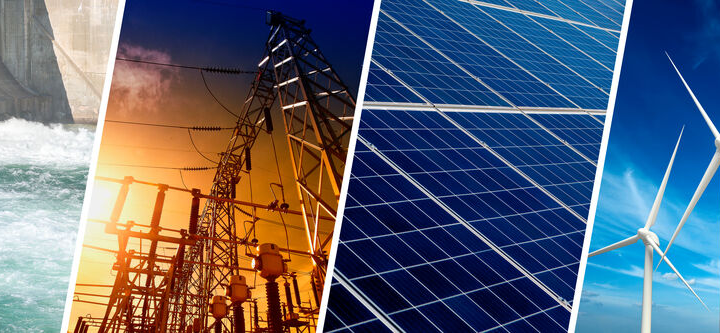 Contributing to a Greener World: The Role of Renewable Energy in Home Appliances
Contributing to a Greener World: The Role of Renewable Energy in Home Appliances 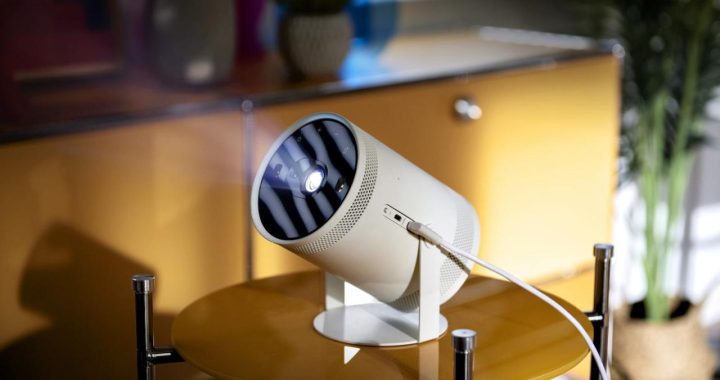 Unveiling the Latest Tech: Exploring Futuristic Home Appliances
Unveiling the Latest Tech: Exploring Futuristic Home Appliances  Kitchen Helpers: Must-Have Appliances for Enhancing Culinary Experience
Kitchen Helpers: Must-Have Appliances for Enhancing Culinary Experience 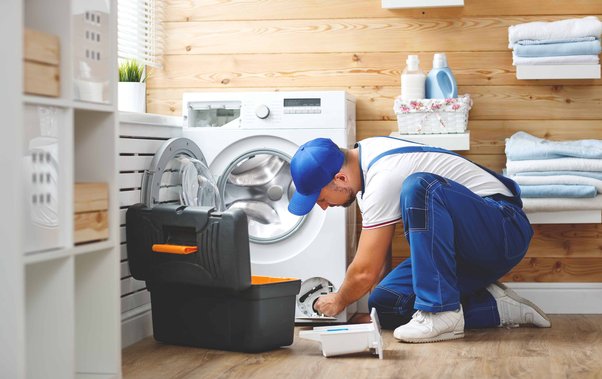 Home Appliance Maintenance 101: Tips to Extend the Lifespan
Home Appliance Maintenance 101: Tips to Extend the Lifespan  The Harmonious Home: Balancing Aesthetics and Functionality in Decor
The Harmonious Home: Balancing Aesthetics and Functionality in Decor  10 Exciting DIY Home Projects to Transform Your Living Space
10 Exciting DIY Home Projects to Transform Your Living Space  Beyond Four Walls: Embracing Nature for Home Inspiration
Beyond Four Walls: Embracing Nature for Home Inspiration  Remodeling Rhythms: Crafting Harmonious Living Environments
Remodeling Rhythms: Crafting Harmonious Living Environments